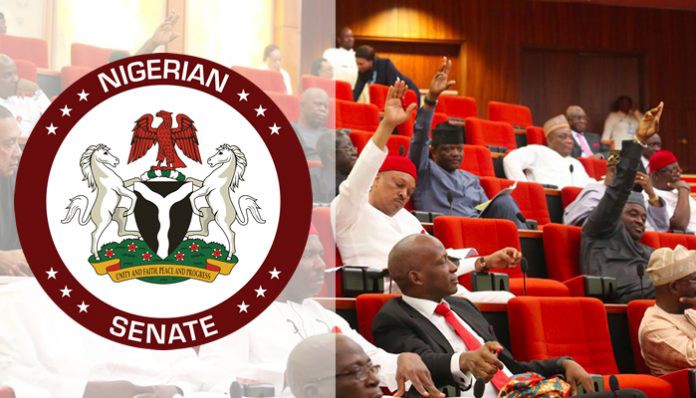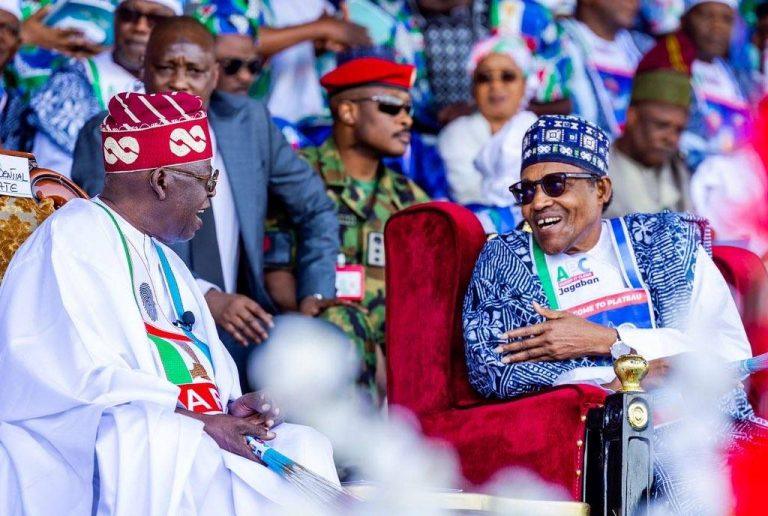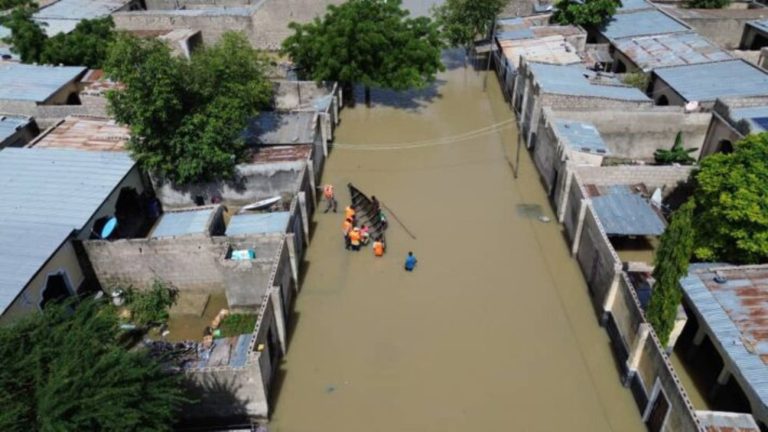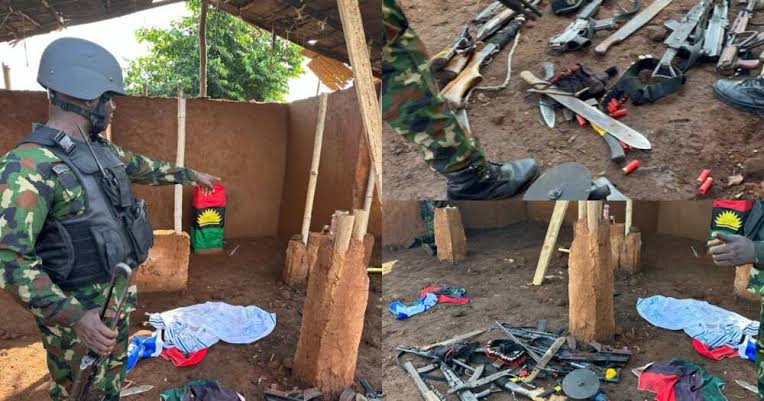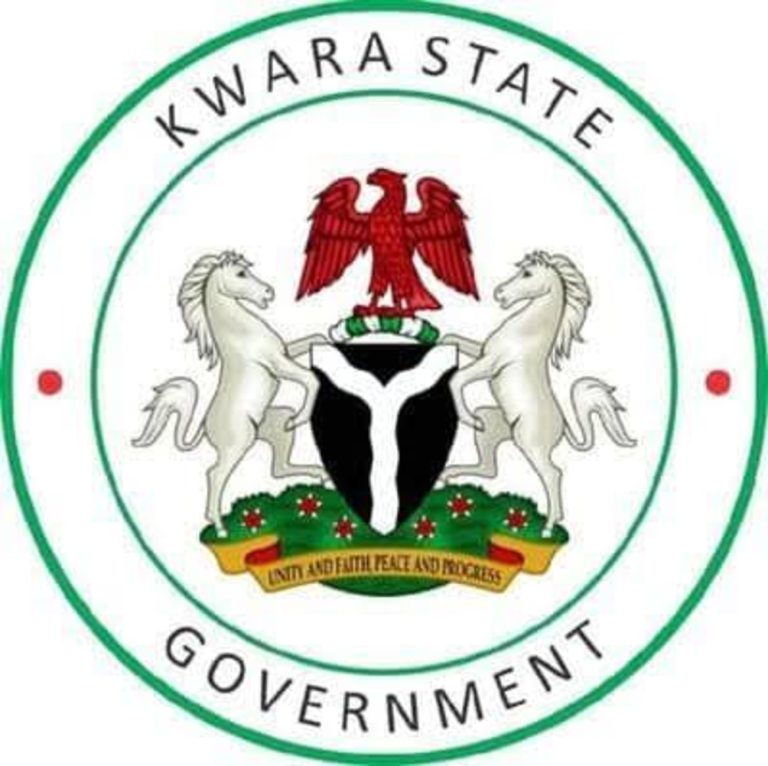Senate approves Tinubu’s $21bn foreign loan to boost national development
The Senate has approved President Bola Tinubu’s request for a substantial external borrowing plan totaling over $21 billion for the 2025–2026 fiscal years.
The Senate announced that these funds are earmarked for supporting key national development projects across various sectors, such as infrastructure, security, agriculture, and human capital development.
On Tuesday, during a plenary session in Abuja, Senator Aliyu Wamako, the Chairman of the Senate Committee on Local and Foreign Debt, presented the long-awaited report, which was initially introduced on May 27, 2025.
The holdup in the approval process was attributed to parliamentary recesses and difficulties in acquiring necessary documentation from the Debt Management Office (DMO).
The approved borrowing package consists of $21.19 billion in direct foreign loans, €4 billion, ¥15 billion (Japanese yen), a $65 million grant, and approximately ₦757 billion in domestic borrowing through government bonds.
The plan also allows for raising up to $2 billion through foreign-currency-denominated instruments in the domestic market.
Senator Olamilekan Solomon (Ogun West), Chairman of the Senate Committee on Appropriations, described the approval as largely procedural, noting, “The borrowing is already embedded in the 2025 Appropriation Act. With this approval, we now have all revenue sources, including loans, in place to fully fund the budget.”
The decision has sparked a mix of support and concern among lawmakers. Senator Sani Musa (Niger East) highlighted that the plan covers a six-year disbursement period and stated, “There’s no economy that grows without borrowing. What we are doing is in line with global best practices.” He reassured that Nigeria has been punctual with all current loan repayments.
Senator Adetokunbo Abiru (Lagos East) expressed confidence that the loans conform to the Fiscal Responsibility Act and the Debt Management Act, emphasizing that all funds are directed toward capital projects and human development. “These loans are long-term, concessional, and come with favorable repayment terms,” Abiru added.
Conversely, Senator Abdul Ningi (Bauchi Central) raised concerns regarding transparency and accountability associated with the borrowing plan, questioning the absence of a detailed breakdown of allocations for each state or agency. “We need to tell our constituents exactly how much is being borrowed in their name, and for what purpose,” Ningi insisted.
The borrowing plan is set to fund vital national infrastructure, including railways, power plants, digital connectivity, security operations, agriculture, and housing projects. Senator Victor Umeh, representing Anambra Central, expressed strong support for the initiative, particularly lauding the allocation of $3 billion for the eastern rail line. “That alone justifies my full support,” he remarked.
Deputy Senate President Jibrin Barau praised the committee’s efforts, asserting that “the entire nation is being carried along” with the borrowing plan, and emphasized that the Renewed Hope Agenda is resonating with all regions.
Senate leadership reiterated their commitment to ensuring all disbursed funds are strictly used for capital and developmental projects, in accordance with regulations governing public finance.
Source: LEADERSHIP

